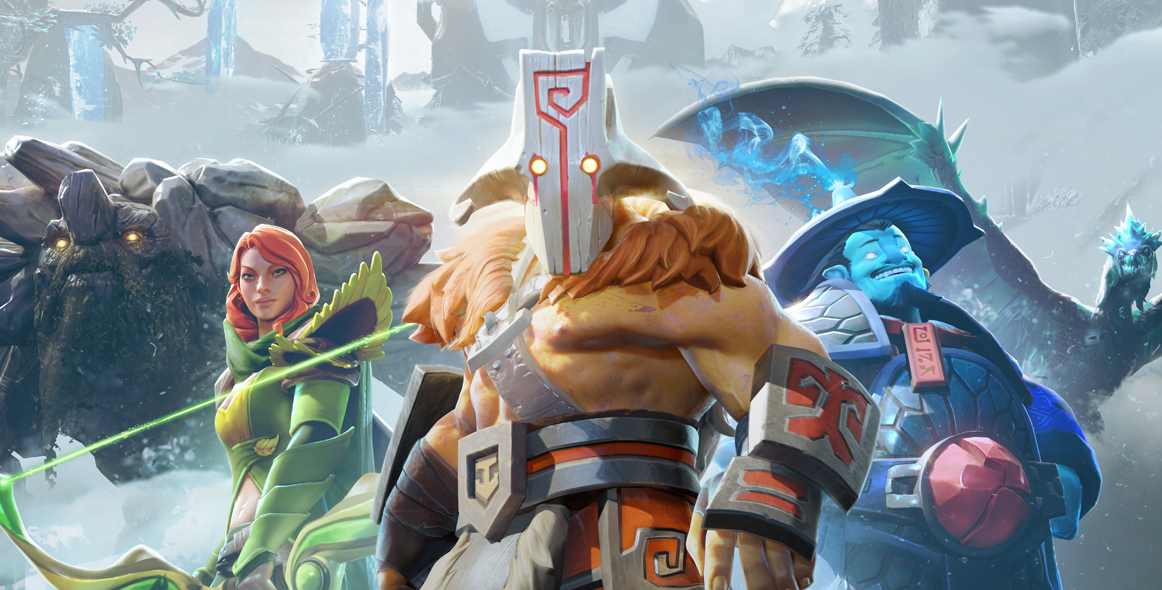Valve Corporation, the gaming giant behind classics like Counter-Strike and Dota 2, has officially announced its latest project, Deadlock. This multiplayer game, currently in early development, has already generated significant buzz in the gaming community. With Valve’s track record, the question on everyone’s mind is whether Deadlock will become another cornerstone of competitive gaming or fade away like some of its predecessors.
Discover more articles on USA Elects
The Announcement: A Minimalist Approach
Valve’s official announcement of Deadlock was as cryptic as it gets. The game’s Steam page offers little more than a brief description stating that the game is in “early development with lots of temporary art and experimental gameplay.” Access to the game is currently restricted to playtesters and their invited friends, with no additional details provided. The teaser image on the Steam page, although animated, reveals nothing substantial about the gameplay or storyline.
This minimalist approach is typical of Valve, a company known for keeping its cards close to the chest. However, this secrecy only fuels the anticipation and speculation among gamers. Despite the lack of official information, details about Deadlock have slowly leaked out over the past few months, primarily from those lucky enough to participate in the closed playtests.
What We Know So Far: Insights from Playtesters
While Deadlock was supposed to be under wraps, information about the game began to emerge as early as May. By August, the game had attracted tens of thousands of players, thanks to the invitation system allowing playtesters to bring their friends into the fold. Some prominent streamers, including Shroud, have already streamed the game live, giving the wider gaming community a glimpse of what to expect.
From these early insights, it appears that Deadlock is poised to be a competitive multiplayer experience, with a focus on strategic gameplay. The game’s mechanics are still in flux, as Valve continues to experiment with different features based on feedback from its playtesters. This iterative development process is not uncommon for Valve, which has a history of refining its games based on community input before full release.
The Competitive Landscape: Can Deadlock Succeed?
Valve’s foray into multiplayer games has been marked by both massive successes and notable failures. On one hand, games like Counter-Strike and Dota 2 have not only stood the test of time but have also become pillars of the esports world. On the other hand, games like Artifact failed to capture and sustain player interest, ultimately leading to their decline.
Deadlock enters a competitive landscape where multiplayer games are constantly vying for players’ attention. The success of a game today depends on its ability to offer something unique, be it innovative gameplay, compelling narrative, or a thriving community. Deadlock’s early development phase suggests that Valve is still figuring out where this game fits within that landscape.
However, Valve’s decision to involve the community early in the development process could work in its favor. By listening to player feedback and making iterative improvements, Valve has the potential to create a game that resonates with its audience. The real challenge will be maintaining that momentum post-launch and ensuring that Deadlock doesn’t fall into the same trap as Artifact.
Potential Impact: What This Means for Gamers and Valve
The announcement of Deadlock has already sent ripples through the gaming community. For players, this is an opportunity to get involved in shaping a new game from one of the industry’s most respected developers. For Valve, Deadlock represents a chance to reassert its dominance in the multiplayer genre.
The success of Deadlock could have broader implications for Valve’s future projects. A hit could solidify Valve’s reputation for creating long-lasting, competitive games, while a miss could further the narrative that Valve has lost its edge in game development. As such, all eyes are on Deadlock to see whether it can live up to the high expectations set by Valve’s previous successes.
Final Thoughts
As Valve continues to develop Deadlock, the gaming community is left to speculate about its potential. Will Deadlock emerge as the next big thing in multiplayer gaming, or will it struggle to find its footing? Only time will tell. For now, players and industry analysts alike will be closely watching every move Valve makes with this intriguing new title.
Deadlock may still be in its early stages, but the buzz surrounding it is undeniable. Whether you’re a long-time Valve fan or just a curious gamer, this is one game to keep on your radar. With its blend of secrecy and community involvement, Deadlock could very well be the next big chapter in Valve’s storied history.

